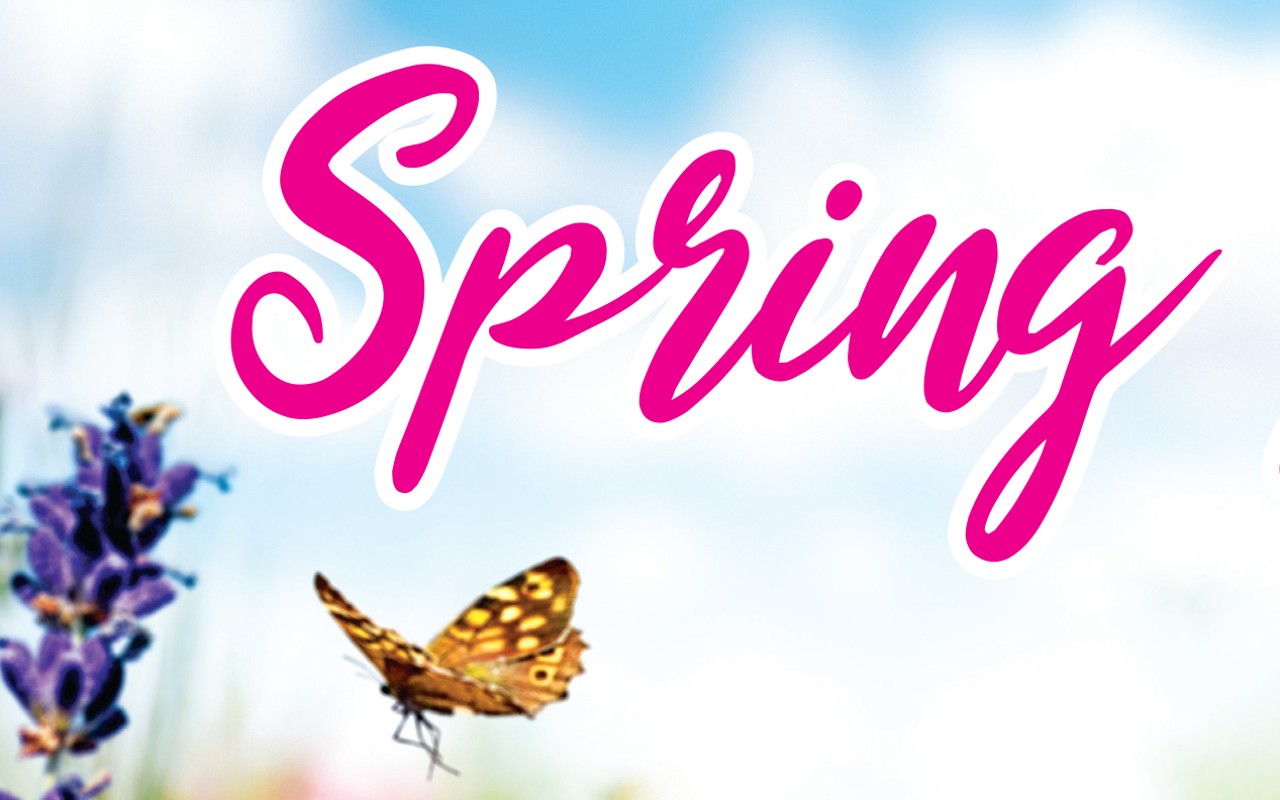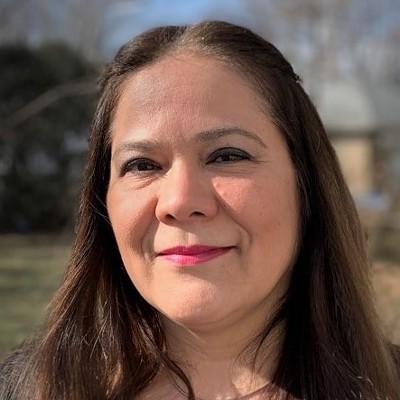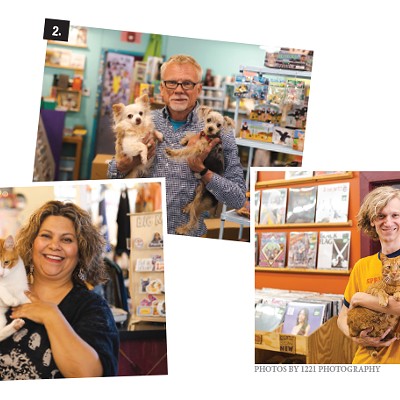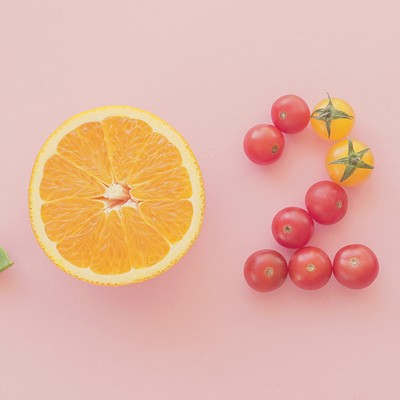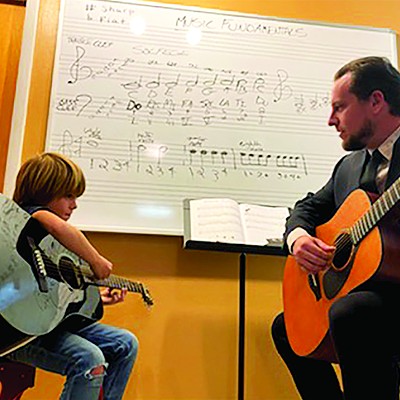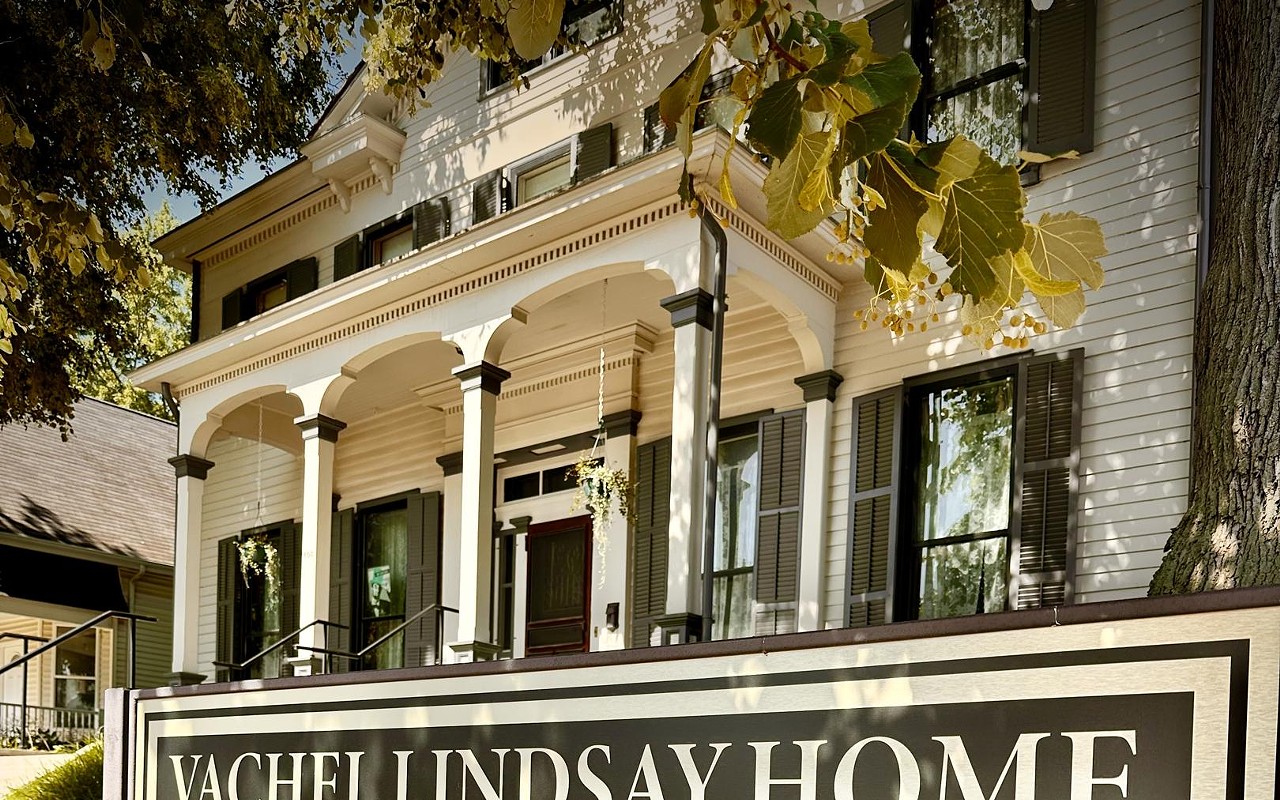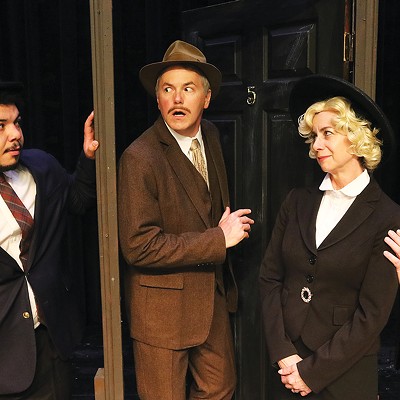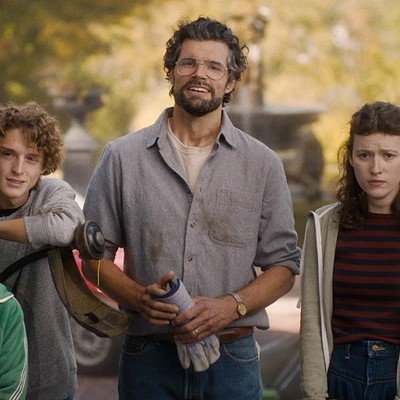Spring is always a welcome reward for enduring the cold temperatures of winter. Now that our days are filled with sunshine, the beauty of our landscape is awakening as the grass quickly greens and flowers begin to show their colors – proof of Mother Nature's magnificent design. This beauty is part of an intricate system of habitats and ecosystems: the natural environment where plants, animals and other organisms live together interdependently. The habitat provides food, water, shelter and support for survival and reproduction. One change in the habitat can impact all other elements of the habitat. Central Illinois is habitat to the monarch butterfly, and its population has changed because a crucial element of its habitat has been reduced. The good news is, we can make a difference in reversing this trend and restoring the habitat.
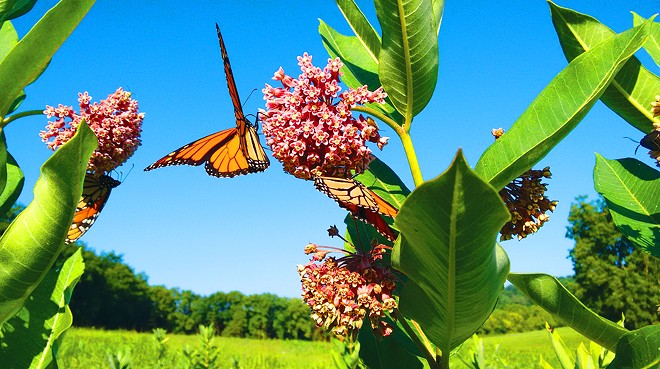
The monarch butterfly is a pollinator, and pollinators are essential because they carry pollen from the male anther of one flower to the female stigma of another flower, which helps to bring about fertilization (This is the real birds and bees story). More than 75% – and possibly up to 95% – of all flowering plants on earth need help with pollination. Pollinators help fertilize more than 180,000 different plant species and 1,200 crops. Without pollination we would not have flowers, fruits and vegetables, to name just a few. Pollinators support agriculture and add $217 billion to the global economy.
Pollinators are crucial to supporting our habitat and milkweed is crucial to the monarch. Susan Helm of Springfield is an avid gardener, pollinator enthusiast and community volunteer. She said the monarch population in central Illinois has declined by 40% in the last two years. It is a vulnerable species, and Helm says that one small act of planting native milkweed can make a big difference in increasing the monarch population.
Milkweed is the host plant of the monarch, providing food and shelter, and is the exclusive breeding ground where females lay their eggs as the caterpillar eats only the leaves of the milkweed plant. Once the caterpillar grows large enough, it becomes a chrysalis, and in a matter of weeks a new monarch butterfly emerges and the cycle begins again.
Even if you're not an avid gardener, you can be part of the solution. Helm says growing milkweed is easy because it can be planted in a container such as a terra cotta pot and placed on a deck or patio. She is giving away 2,000 milkweed stems during the month of May through events at Springfield parks, Kidzeum and the May 18 opening weekend of the Old Capitol Farmers Market in downtown Springfield. Helm currently sits on the board of the Springfield Parks Foundation, and credits the foundation for funding the giveaways and helping with getting the word out. This is her fourth year of milkweed giveaways.
Native milkweed will also be given away at Enos Park Neighborhood Gardens, 1022 N. Fifth St., during an open house on May 11, 9-11 a.m. Carey Smith, garden manager, says many organizations will be present with giveaways, and there's ample opportunity for asking questions about growing milkweed or planting a small pollinator pocket in your yard or community garden. Smith said updates on more native seed giveaways and events throughout the summer can be found on the Facebook page or enosparkgardens.org.
Another way we can be supportive members of the monarch's habitat is to select native plants when designing landscaping around our homes and removing any invasive plants that may be growing in our yards. Plant species that are native to central Illinois have historically been part of this landscape and are essential elements of the habitat. There are non-native and invasive species growing in our region that were either intentionally or accidentally translocated from one ecosystem to our local ecosystem. The invasive plants compete with native plants for soil and nutrients, and they do not serve as food for the pollinators, thus harming the habitat. To learn more about invasive plant species, visit the University of Illinois Extension website, extension.illinois.edu, and the Midwest Invasive Plant Network, mipn.org, where you'll find resources and a free app for your phone to help make identifying native, non-native and invasive species an easy task.
Holly Whisler is a freelancer writer from Springfield. She planted milkweed a couple of years ago and can say that it is quite prolific. She enjoys watching her flower garden bloom each spring, and hopes to see many butterflies this year.
Upcoming milkweed giveaways
Saturday, May 4
Lincoln Park (end of Nelson Center parking lot): 9-11 a.m.
Washington Park (shelter on South Grand Avenue): 1-3 p.m.
Jaycee Park (shelter): 1-3 p.m.
Saturday, May 11
Erin’s Pavilion (building entrance): 9-11 a.m.
Enos Park Neighborhood Garden (1022 N. Fifth St.): 9-11 a.m.

